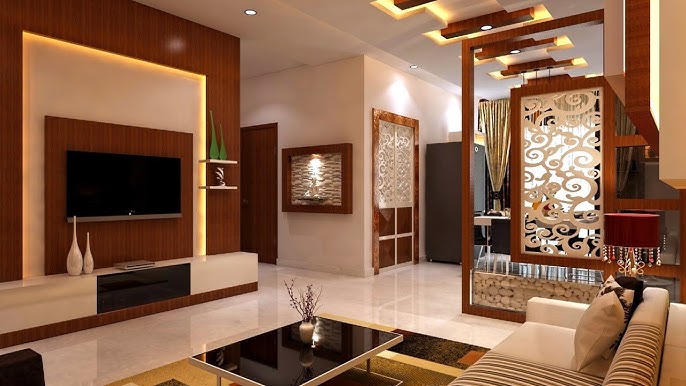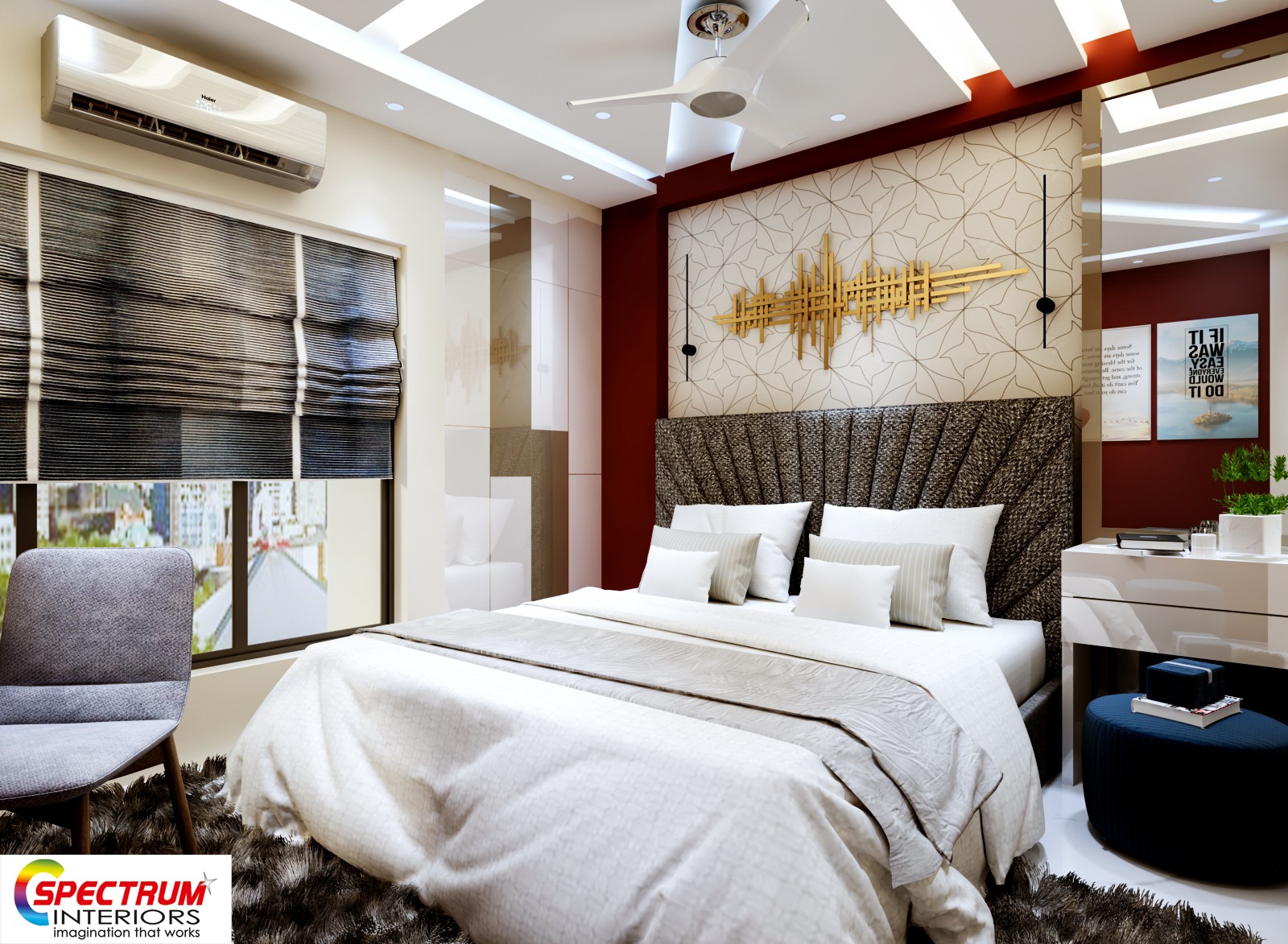Transform Your Home With Necessary Concepts of Interior Decoration and Visual Appeals
The art of transforming your home through the crucial concepts of interior decoration and appearance needs a thoughtful strategy that harmonizes shade, balance, and spatial understanding. By understanding the influence of color concept and the significance of structure and patterns, one can create spaces that are not just aesthetically appealing yet likewise deeply personal. Achieving this stability involves even more than plain design; it encompasses a strategic arrangement and a keen understanding of how each element communicates within a room. As we explore these foundational ideas, take into consideration how they might redefine your understanding of home and individual expression.
Understanding Color Concept
Shade theory is an essential facet of interior decoration that dramatically influences mood, understanding, and general visual. Understanding the concepts of shade theory enables developers to create spaces that resonate psychologically with occupants while satisfying useful demands (Architecture Firm). Colors can be categorized into 3 primary types: primary, additional, and tertiary. Each group plays an essential function in developing harmony within a room.
The emotional impact of colors is profound; warm hues such as reds and oranges evoke energy and warmth, while awesome tones like blues and greens advertise peace and serenity. Furthermore, making use of corresponding colors boosts aesthetic rate of interest, creating striking contrasts that can elevate an area's charm.
Neutral shades, on the various other hand, work as a functional background, allowing various other design aspects to beam. It is vital to think about factors such as illumination and the room's objective when selecting a shade palette, as these can modify the understanding of colors throughout the day.
Inevitably, a well-considered shade scheme can transform a room, promoting a sense of convenience and style that aligns with the inhabitants' choices. Mastery of color theory is, for that reason, an essential skill for any kind of interior designer intending to create unified and inviting settings.
Attaining Equilibrium in Layout
Just how can developers accomplish a feeling of balance in their spaces? Accomplishing balance in design is fundamental to creating unified insides.
Unbalanced balance, on the other hand, counts on differing elements that still achieve a natural appearance. This approach enables for more vibrant and casual plans, offering rate of interest while maintaining equilibrium. By carefully selecting differing sizes, shades, and textures, designers can develop an aesthetically compelling space that feels balanced yet energised.
Radial balance emphasizes a main prime focus with elements emitting outward. This style is frequently seen in round formats, where furniture and decor produce a natural border that draws the eye inward.
Eventually, attaining equilibrium requires thoughtful factor to consider of scale, percentage, and the connections in between aspects. miami luxury interior design. By skillfully applying these equilibrium principles, developers can change areas right into environments that really feel both aesthetically pleasing and functionally unified, enhancing the general experience for owners
Value of Spatial Awareness

An eager feeling of spatial understanding permits designers to identify prime focus within a room, guiding the customer's attention to crucial functions while keeping a total sense of unity. It also assists in the tactical positioning of illumination, which can significantly affect the assumption of room and state of mind. Moreover, comprehending spatial relationships allows the designer to accommodate the specific needs of occupants, guaranteeing that each location serves its intended purpose without endangering visual appeals.
Inevitably, spatial recognition is critical for maximizing the capacity of any kind of interior space. By meticulously thinking about the interplay in between dimensions, design, and function, designers can create atmospheres that not only satisfy practical needs but additionally evoke a feeling of comfort and appeal, enhancing the general living experience.
Incorporating Structure and Patterns
Embracing a diverse variety of structures and patterns can significantly improve the aesthetic and tactile charm of an indoor space. The critical use different products-- such as wood, steel, textile, and stone-- produces deepness and interest, making a space really feel extra inviting and dynamic. For circumstances, incorporating smooth surfaces with rough appearances can develop a balance that draws the eye and Visit Website involves the detects.
When incorporating patterns, consider both scale and repeating. Big patterns can work as prime focus, while smaller sized, subtle layouts can enhance various other elements without overwhelming the space. Layering patterns, such as pairing floral pillows with striped throws, adds complexity and a sense of harmony if carried out attentively.
It is additionally vital to keep a cohesive color scheme, ensuring that appearances and patterns collaborate rather than complete for interest. By choosing a few vital appearances and patterns, you can develop a merged aesthetic that mirrors your individual style while improving the general atmosphere of the room. Inevitably, the mindful unification of these components can transform an ordinary area right into an innovative atmosphere abundant with personality and heat.
Customizing Your Room
Developing a room that mirrors your personality is important to accomplishing a genuinely welcoming atmosphere. Personalization in interior layout enables you to instill your unique design and interests into your home, changing it from a simple sanctuary into a sanctuary that talks with who you are. Begin by choosing a color scheme that reverberates with your emotions-- vibrant tones can invigorate, while soft tones use serenity.
Include artwork and design that reflect your passions, whether it be traveling, nature, or abstract concepts. Presenting individual collections, such as books, photos, or souvenirs, can stimulate treasured memories and create centerpieces within a room. In addition, take into consideration tailoring practical pieces, like upholstered furnishings, to line up website here with your visual choices.

Verdict
In verdict, the makeover of a home with the vital principles of interior layout and looks requires an extensive understanding of color concept, balance, spatial understanding, texture, and personalization. Each component adds dramatically to producing a harmonious and functional living atmosphere - miami luxury interior design. By attentively integrating these principles, people can enhance the aesthetic charm websites and psychological vibration of their areas, inevitably promoting a home that mirrors distinct identifications while providing comfort and usefulness